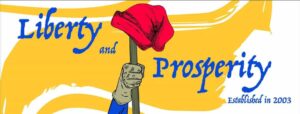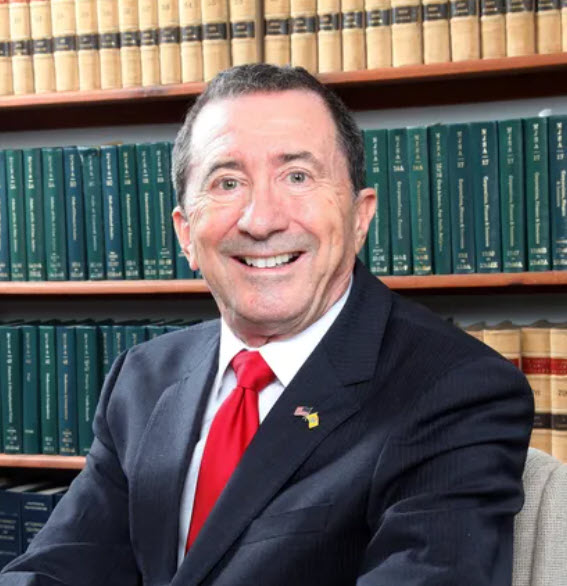Boston Tea Party was about securing liberty and freedom for posterity
By Seth Grossman, Political Columnist
(Reprinted from December 9, 2009, Current-Gazette Newspapers of Atlantic and Cape May Counties, http://www.shorenewstoday.com/news.php?id=6213)
On Dec. 16, 1773, about 100 Americans dressed up like Indians and boarded an English ship in Boston Harbor. About 7,000 others ? nearly half the adult population of Boston ? cheered them from the shore. The ?Indians? then dumped 90,000 pounds of tea overboard ? worth about $2 million in today?s dollars.
This ?tea party? surprised the British. The new tax on tea in America was less than the tax in England. And the British government bailed out the failing East India Company so it would cut the price of tea sold in America, even with the new tax.
If Americans then were as clueless as we are today, they would have cheerfully paid the tax and thanked King George for the lower price. But Americans back then were different. They thought about the future. They cared as much about their ?posterity? ? children, grandchildren, and future generations, including us ? as they did about themselves.
Americans back then knew that if the British government could collect a small tax on tea without their consent today, it could ruin them and their children with big taxes on everything they owned in the future ? without their consent.
They also knew that the government ?bailout? gave the East India Company a monopoly that destroyed its competition. There was now nothing to stop big price hikes in the future.
Americans in 1773 knew they had more wealth, less poverty, less government, and lower taxes than any other people in human history. They also knew their unique American way of life would quickly end if the privileged insiders who ran the British government could tax whatever they wanted and decide which businesses got special deals from the government and which did not. And so the Americans had the Boston Tea Party.
The tea party did not make things better for Americans. It made things a whole lot worse. The British punished the people of Boston. They destroyed the economy by banning all ships from loading or unloading there. They put participants on trial in England, far from sympathetic juries in America. A new British law forced the people of Boston to house and feed thousands of British soldiers who were sent to enforce the crackdown.
But the tea party succeeded in teaching Americans an important lesson: The British government would take away the liberty and prosperity Americans had enjoyed for 250 years ? unless they organized and fought to defend it.
During the next year, more than 100,000 Americans formed militias in every town, and trained and equipped themselves for war. When the British army tried to stop them at Lexington and Concord near Boston on April 19, 1775 Paul Revere gave warning, and the Americans were ready.
Two months later, Americans in all 13 colonies created a Continental Army to reinforce the militias in Massachusetts. About 250,000 Americans then fought the strongest army and navy in the world for eight years. About 25,000 died. This was not about a small tax on tea. It was about securing liberty for themselves and their posterity, which includes us.
During the past eight months, I and many Americans attended ?tea parties? here and around the country. We wanted to call attention to the out-of-control government, high taxes, debt and bailouts that are killing our liberty and prosperity. We want to show that the career politicians in Congress today are as arrogant, corrupt and incompetent as the privileged aristocrats in the Parliament of King George.
John Adams described the first tea party as a ?bold and daring ? act of destruction? needed ?for the people to rise up.?
This year?s tea parties had the same effect. But we are now ready for the next step.
In 1773 the next step was to prepare for war. But today, the way to take over the government is to win elections.
Tea party people today must do more than simply support or oppose candidates picked by the same old insiders, union leaders and special interests who control both parties.
They must put their own people in public office and quickly learn how to do it.
The elections are in November. But the primary elections to pick candidates are June 8. The deadline to file petitions and set up slates with other candidates is in April.
If you want to be a serious candidate for public office next year, you should be thinking, planning, organizing and reaching out for support now.
Somers Point attorney Seth Grossman appears live on WVLT 92.1 FM, heard throughout southern New Jersey 8 to 9 a.m. every Saturday. For information see www.libertyandprosperity.org, email grossman@snip.net or call (609) 927-7333. Breakfast discussion groups are held 9:30-10:30 a.m. every Saturday at the Athena Diner, 1515 New Road, Northfield.

